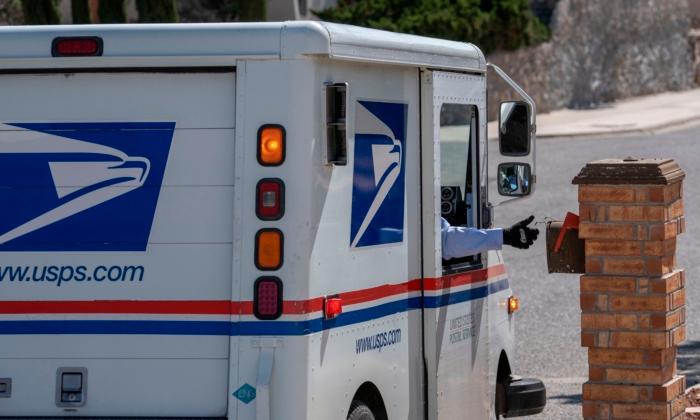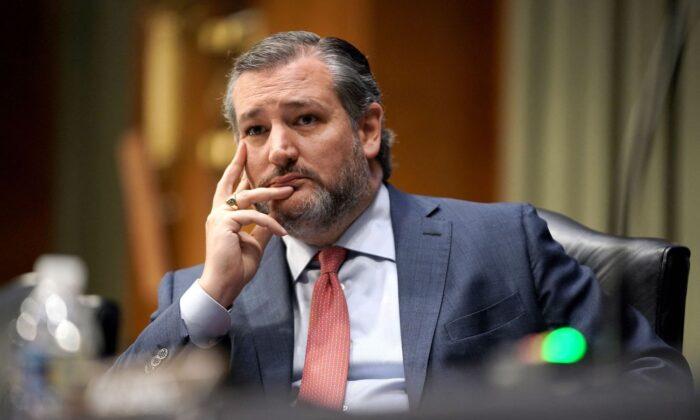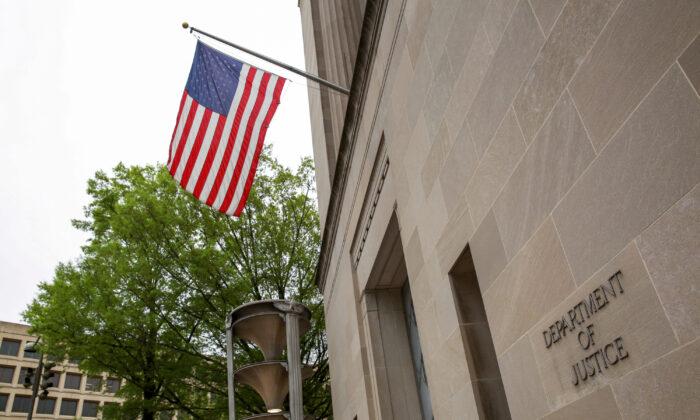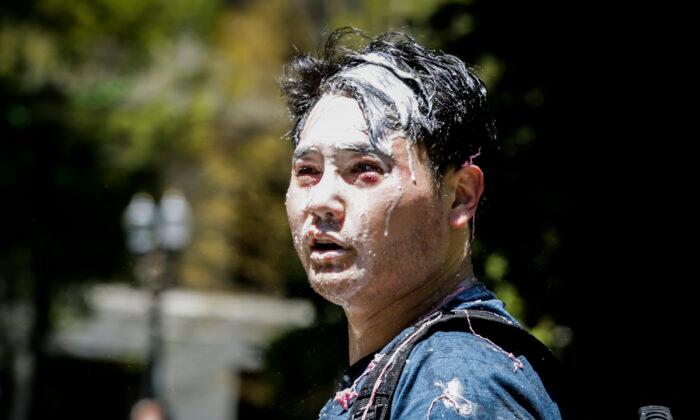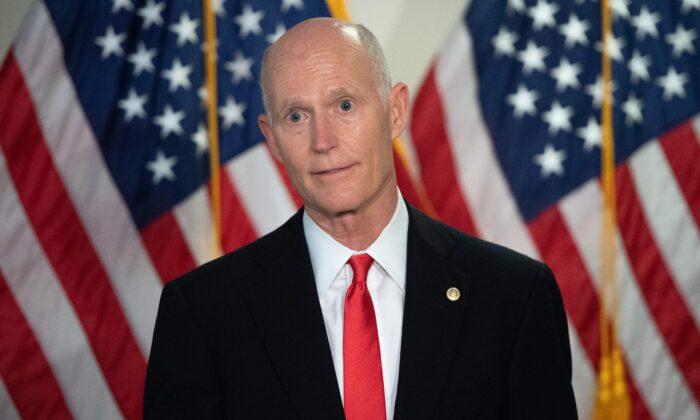The U.S. Postal Service (USPS) and its postmaster general, Louis DeJoy, have asked a federal judge to reconsider its order after the judge issued a temporary ban on the agency from sending out pre-election mailers that encourage voters who wish to vote-by-mail to plan ahead and request ballots early ahead of the November election.
U.S. District Court Judge William Martinez on Sept. 12 granted a temporary restraining order against USPS and DeJoy after Colorado sued arguing that the pre-election mailer contains false and misleading statements to Colorado voters.
The mailer provides information on how voters should request a mail-in ballot at least 15 days before Election Day and recommends voters to return the mail-in ballot at least seven days before election day. The USPS says the mailer with the standard message is being sent out to all households across the country.
But Colorado argues that the information is misleading because it runs counter to how voting works in the state. Colorado is one of the five states in the United States with universal mail-in voting.
Griswold said the mailer could confuse and mislead Colorado voters.
On Sept. 13, the legal team for the postal service requested the court to reconsider the temporary restraining order, which is set to expire on Sept. 22, arguing that the court didn’t give the USPS a chance to respond to the allegations and that the judge was relying on factually inaccurate information presented by the state to make its decision.
USPS lawyers also argued the delivery of the postcard had already occurred for some Colorado households and that a particular set of more than 200,000 postcards had already been partially processed for delivery and would be “extraordinarily difficult and perhaps impossible” for the postal service to comply with the order at this time.
“The event that the Court found that it had to issue the [temporary restraining order] to prevent—the delivery of the postcards—had already occurred: most Colorado voters have received the postcards; and of those that have been delivered, a majority were delivered by Friday, September 11, 2020,” the lawyers wrote.
They also argued that the postcards were sent to benefit Colorado voters and by banning the postcards, the courts were preventing the voters from receiving the benefits.
“The Postal Service sent the postcards across the country for a valid public purpose: to encourage advance planning by those voters who intend to vote by mail—using the Postal Service to deliver their mail-in ballots—in the hopes of increasing the likelihood that their mail-in ballots would be timely received and counted and reducing the burden on the Postal Service of dealing with a crush of last-minute mailings. The postcards warn voters that rules vary by state, and they provide a useful link that aids them in locating their state’s informational website,” the lawyers wrote.
Colorado filed a response to the request, arguing that the USPS didn’t provide a “basis to disturb” the temporary restraining order and has instead raised a number of issues that will require additional corrective action.
They asked the court to refrain from reconsidering its order arguing that the USPS’s actions violate the Constitution and will hurt the state and its residents.
This isn’t the first lawsuit Colorado has filed against the USPS. On Sept. 10, the state announced that it had joined a multi-state lawsuit against the postal service seeking to block USPS from implementing changes to the agency that are aimed at cutting costs. Democrats have accused DeJoy of instituting cost-cutting reforms at the post office ahead of the upcoming election to slow down the processing of mail and limit mail-in voting.
Meanwhile, DeJoy said the financial position of USPS is “dire” and that without “dramatic change,” the agency will “face an impending liquidity crisis.” His changes resulted in at least 20 postal executives reassigned to new roles or displaced.
